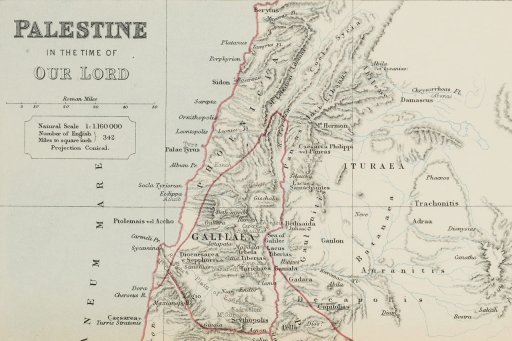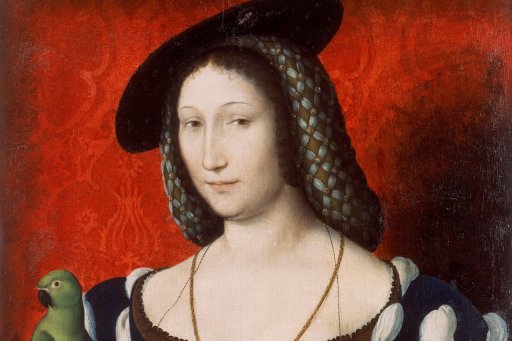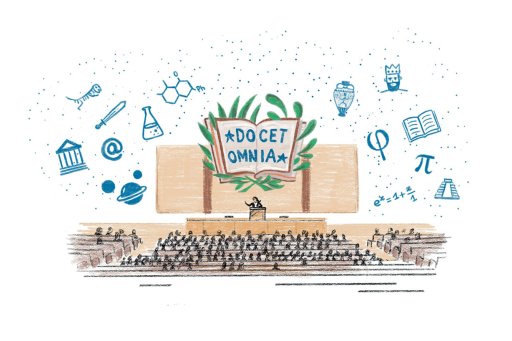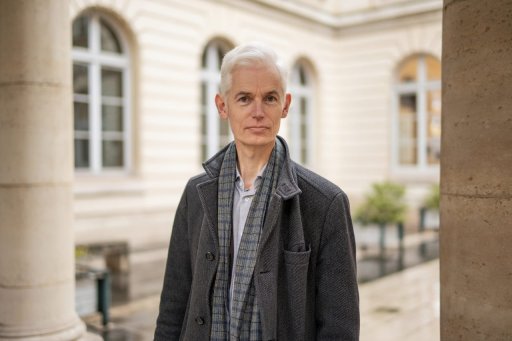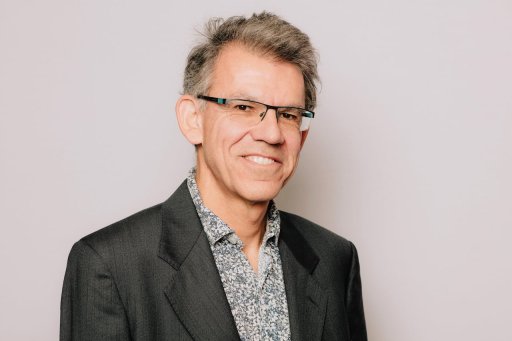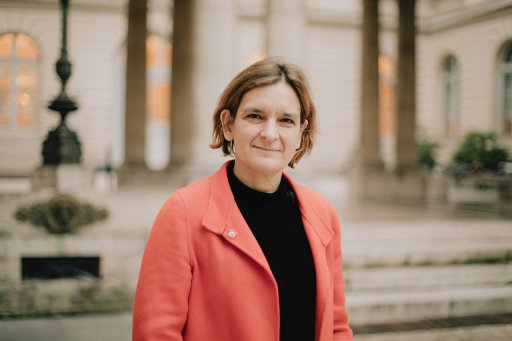Fernand Braudel (1902-1985)
Fernand Braudel was born on August 24, 1902 in Luméville, a commune in the Meuse département. Between 1913 and 1920, he studied in Paris at the Lycée Voltaire. Agrégé in 1924, he began his teaching career in Constantine, continuing first in Algiers, then after 1932 in Paris, at the Lycées Condorcet and Henri IV. Trained by historians, among whom, he says, Henri Hause r exerted the strongest influence on him, he submitted a doctoral thesis in 1926. While in Algeria, this Lorraine native had developed a passion for the Mediterranean. He therefore set himself the task of studying Philip II's Mediterranean policy. From then on, he devoted all his free time to exploring archival repositories, first Simancas and Madrid, then Venice, Ragusa, where the harvest was mirific, Florence and Palermo, Genoa and Marseille. This relentless work was not interrupted when, in 1935, he left for Sao Paulo, to help launch a newly-established university. Elected to the IVth Section of the École Pratique des Hautes Études in 1937, Fernand Braudel returned to France on the same boat as Lucien Febvre. The two became close friends. When war broke out, Fernand Braudel began writing his thesis. He was mobilized, then taken prisoner, first in Mainz, then in Lubeck, and brought the manuscript back in his musette. He had composed the work, devoid of any books, documents or notes, relying solely on his memory. La Méditerranée et le monde méditerranéen à l'époque de Philippe II was defended in 1947 and published two years later. The title had changed, revealing a decisive turnaround, which relegated the sovereign and his policies to the background and made a region, a vast piece of space, the main player. For years, Fernand Braudel had been in increasingly close contact with the leaders of the French school of geography, which was then at the forefront of the humanities. He adopted their point of view. Building a three-storey edifice on a framework that was to remain that of his entire body of work, he perched "traditional history", "surface agitation", i.e. the fizzing events on which the attention of French historians had been focused until Marc Bloch and Lucien Febvre, in the upper part; he placed "social history, the history of groups and groupings" in the middle, subject to the cyclical movements which, since 1930 and the lessons of Simiand, have been the new object of historical research; but he placed at the base, to make it the support of the whole, this "almost immobile history.. slow to flow, often made up of insistent returns", that is, "almost out of time", the history of the "milieu", hitherto the territory of the geographer, the history of what he was to call a little later, taking up the challenge of structural linguistics and anthropology, "structures".
In 1949, Fernand Braudel was called to succeed Lucien Febvre at the Collège de France. Three years later, Febvre commissioned Braudel to write a book on material civilization in modern times for the Destins du monde collection he edited. Fernand Braudel's main interest was now in the economic factors behind the evolution of societies. Like the Mediterranean, like the famous article defining the "longue durée", published in Annales in 1958, this second monument of luminous erudition, the first volume of which was published in 1967 and the definitive edition, under the title Civilisation matérielle, économie et capitalisme. XVe-XVIIIe siècles, in 1980, is built on a ternary schema: at the base, "the infra-economy... that of self-sufficiency, of bartering products and services within a very short radius"; at the middle level, the market economy ; overlooking the latter and radically distinct from it is capitalism, a latecomer (though not as late as some say, as early as the 11th-12th centuries, according to Braudel) whose successive poles of development are based on a concept, the world-economy, that he himself had coined, before it was taken up by Pierre Chaunu, and later by Wallerstein. At the heart of this superb work is the idea that the market and capitalism are opposed. This idea was fiercely debated, and will continue to fuel the most fertile reflections for some time to come.
In 1956, Braudel took over as director of the 6th Section of the École des Hautes Études, which Lucien Febvre had founded some ten years earlier. He strove to make it ever more effective and prestigious, enlisting the help of leading figures in the various human sciences, which he felt could not progress satisfactorily unless they supported each other in a continual contest. In the same spirit, he created the Maison des Sciences de l'Homme in 1963. Let me stress here: Braudel was not only the greatest historian of his generation, and celebrated as such the world over, he was also a first-rate writer, a master always available to his countless disciples. He was also a formidable fighter. He was a builder. He consolidated the institutions he took over from Lucien Febvre, and founded new ones.
As he grew older, he gradually withdrew. In 1969, he stepped down as director of the Annales, in 1970 as director of the 6th Section, and in 1972 he stopped teaching at the Collège de France. But he never stopped working. He was showered with honors and recognized abroad, in Italy, the United States, Japan, everywhere, much earlier than in France, and a few months ago he was admitted to the Académie Française. His last book, The Dynamics of Capitalism, was published during his lifetime in 1985. In truth, fifteen years earlier, he had embarked on a new adventure, undertaking to write his own history of France. Another triptych, of which we are eagerly awaiting the publication of the first part: Identité de la France.
His unexpected death on November 28, 1985 has left us deeply saddened.
Georges Duby, 1986.
Reference
Printed
Duby G., "Hommage à Fernand Braudel (1902-1985)", L'annuaire du Collège de France, Paris, Collège de France, n° 86, 1986, p. 75-77.





